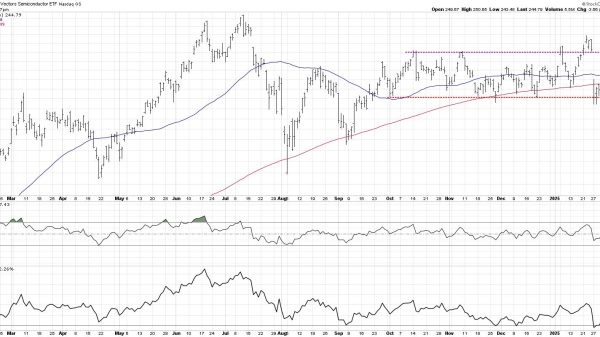Jeffrey A. Singer and Jennifer Huddleston
Artificial Intelligence and Health Care: A Policy Framework for Innovation, Liability, and Patient Autonomy
Artificial intelligence (AI) is rapidly transforming every corner of society, including health care.

Hospitals and clinics are integrating AI into their electronic health record (EHR) systems to organize data, flag potential drug interactions, and assist in diagnosis and treatment decisions. Emergency departments are testing AI tools, often paired with telehealth technology, to triage patients and direct them to the most appropriate providers. Specialists such as radiologists and pathologists use AI to analyze imaging studies and tissue slides, while researchers rely on it to organize and summarize vast amounts of medical literature. Insurers are using AI to streamline claims processing, authorize payments, and manage patient inquiries.
Increasingly, patients themselves are turning to AI for medical advice—saving time and money while exercising greater control over their care. Smartphone AI apps can help complete initial assessments and screen patients for care based on a variety of less invasive techniques in situations that would have previously required more patient and practitioner time and resources.
In fact, some of the most exciting applications of AI are being seen in the health care sector. AI is helping some stroke victims regain their voices. It is finding potential lifesaving treatments for rare diseases far more quickly than our traditional research processes.
As AI becomes an integral part of the health care system, it raises significant questions for patients, health care providers, and policymakers. How will it impact autonomy and access to care? Could a “digital divide” lead to new inequities? How should liability be managed when clinicians and AI systems disagree? What are the implications for transparency, informed consent, privacy, and fraud prevention—and what role should the government play in addressing these issues? Are existing regulations addressing these concerns, or are they getting in the way of better solutions?
To explore these questions and anticipate others, Cato’s technology and privacy scholars are teaming up with the health policy studies team to launch a new blog series: Artificial Intelligence and Health Care: A Policy Framework for Innovation, Liability, and Patient Autonomy. The series will develop a policy framework that encourages innovation while addressing liability and privacy concerns and safeguarding patient autonomy.
Look for the first installment in the coming days.























